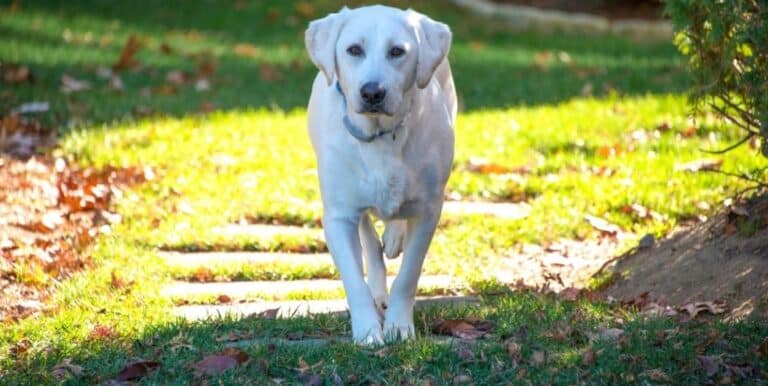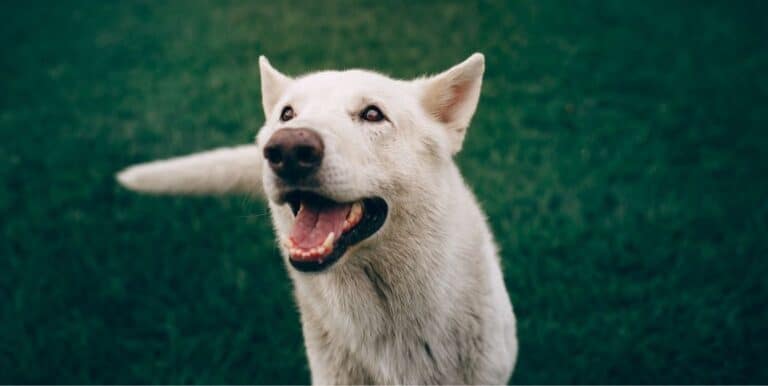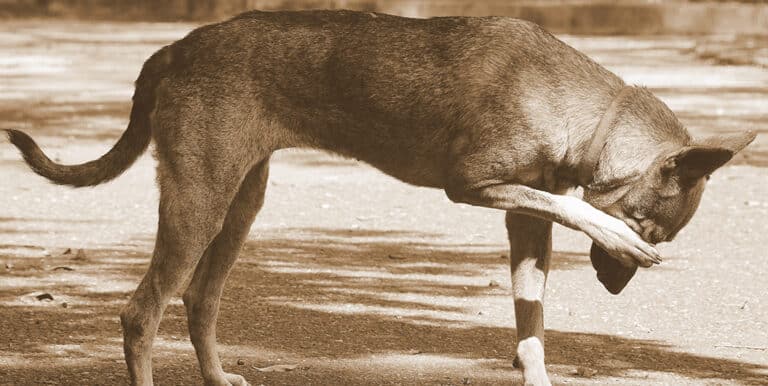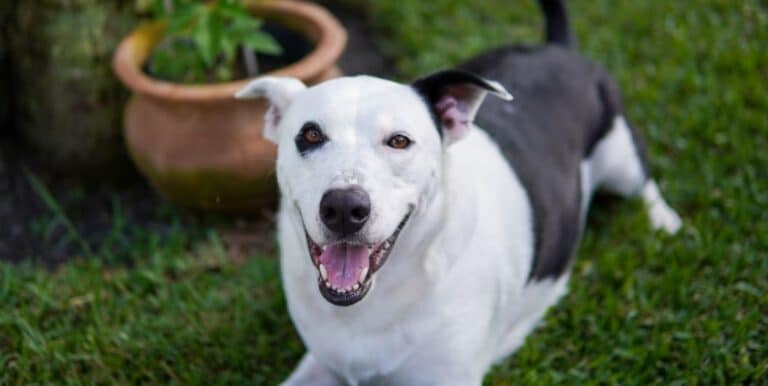What are Home Remedies for Doggie Breath?
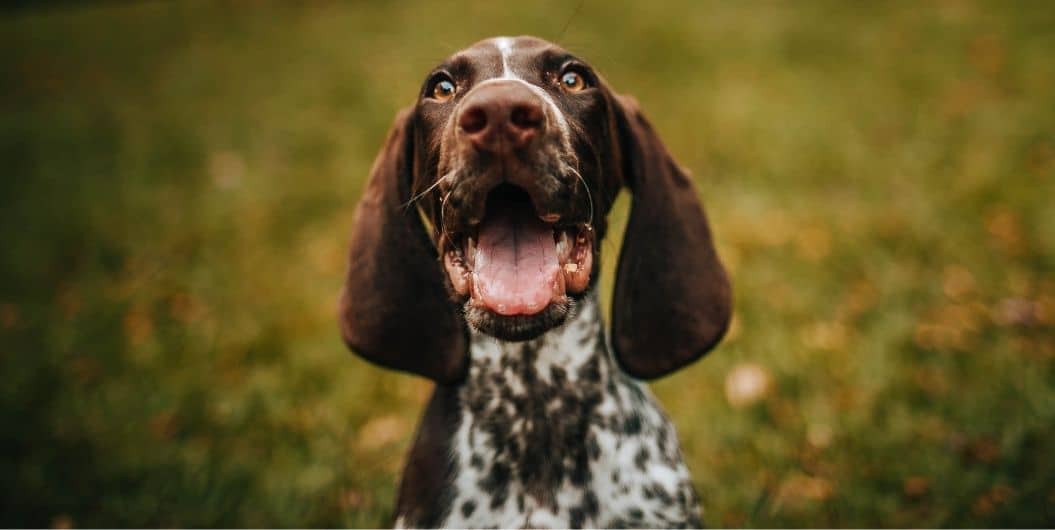
Doggie breath is a problem that all dog owners, and often their house guests, are intimately familiar with. Though some dogs seem to be predisposed to have breath that smells worse than others, all dogs have horrific breath at some time or another. Remedying doggie bad breath is not always easy, but with some persistence, it can be reduced to a tolerable level.
There are numerous commercial products that target doggie breath, including mints and dissolving breath–freshening strips, but the most practical remedy is a toothbrush and toothpaste designed especially for dogs. The source of bad breath in dogs is bacteria — the same as it is in people — but unlike people, dogs can’t assume responsibility for their oral hygiene. Brushing a dog’s teeth not only helps eliminate bad breath, but it also promotes healthier teeth and gums.
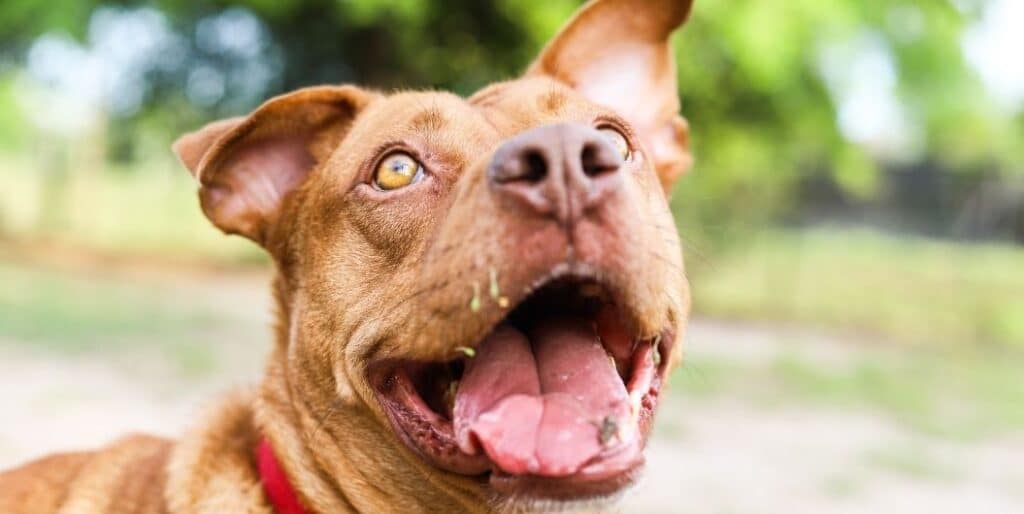
In some cases, doggie breath may be the direct result of a switch in dog food. If you have recently switched brands, especially from hard to soft dog food, and your dog suddenly develops the worst case of halitosis ever, you might need to try something else. If it’s possible for your dog to eat hard dog food, it is better for the teeth, gums, and breath. Talk to your veterinarian about different types of food that will work for your dog’s dietary needs.
You can also reduce the severity of doggie breath if you allow your dog to chew on a hard, clean bone from time to time. Certain dog treats also help remedy bad breath, but you shouldn’t overdo treats and bones or replace a healthy diet with only treats meant to reduce breath odor.
Remember to use only products made specifically for dogs and to consult your vet if you have any concerns about products. If you have a puppy with doggie breath, you should realize that this is often a big problem for young dogs. Puppy breath is normal, and as the puppy matures, the problem typically becomes much less severe. All dogs can have mild to moderate bad breath, but if you notice a severe or sharp change in the odor of your dog’s mouth, you might want to consult a veterinarian in case there is a more serious underlying issue.

